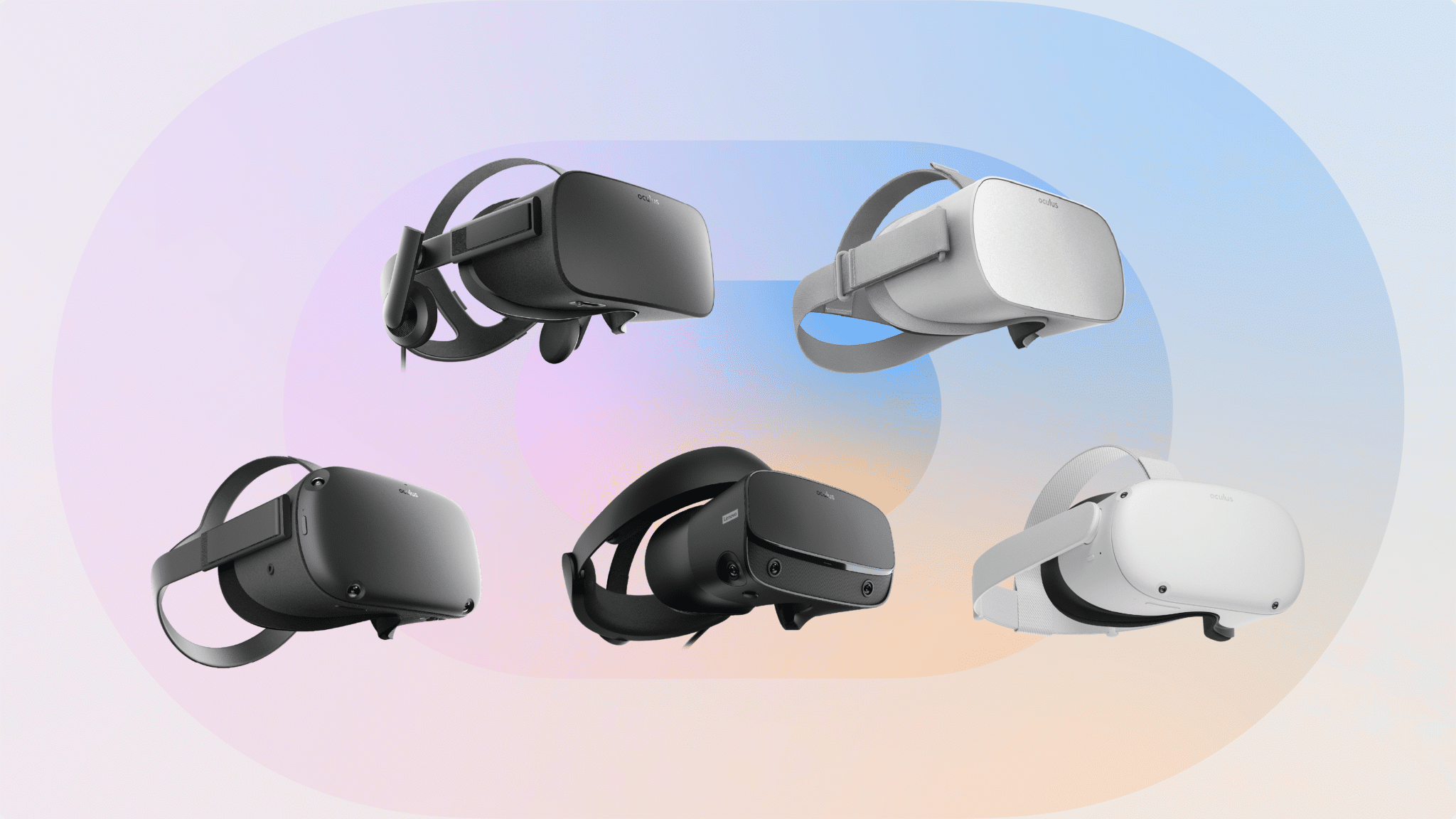Facebook’s head of AR/VR says Oculus Quest 2 “outsold not just its predecessor, but all of its predecessors combined“.
In a wide-ranging interview with Bloomberg’s Emily Chang, Andrew Bosworth was asked when virtual reality would have its “mainstream moment”. He replied:
“Well, if you look a little closely I think it’s starting to happen right now. The fact that Oculus Quest 2 in just a few months on the market has outsold not just its predecessor, but all of its predecessors combined is a tremendous indicator that we are now at that point where we’ve broken through from the early adopter crowd to an increasingly mainstream crowd.”
That would seemingly mean Quest 2, now 6 months on the market, sold more than Oculus Rift (3 years), Oculus Go (2 years), Oculus Rift S (2 years) and the original Oculus Quest (18 months) summed together.

Facebook doesn’t reveal unit figures, so we still don’t know how many headsets this equates to, but it’s likely somewhere in the single digit millions.
At $299 Quest 2 is priced lower than previous Oculus headsets, with the exception of 2018’s Oculus Go – that headset started at $199 but lacked positional tracking so couldn’t play most VR content.
Compared to the original model, Quest 2 features a significantly upgraded processor, higher resolution screen, and 15% smaller/lighter design. It’s priced $100 less; using cheaper materials, LCD instead of OLED, and a less precise lens adjustment mechanism.
Facebook sees Quest 2 as a successor to both the Quest and Rift S, with PC VR now a supported mode rather than a different hardware line.
During Facebook’s Q3 2020 earnings call, CEO Mark Zuckerberg revealed Quest 2 preorders were 5x that of the original.
In the Q4 2020 call Facebook CFO David Wehner explained that “strong Quest 2 holiday sales” resulted in a doubling of the company’s non-ads revenue.
While Quest 1 launched in May 2019, there is still no like-for-like competitor in western markets.





























